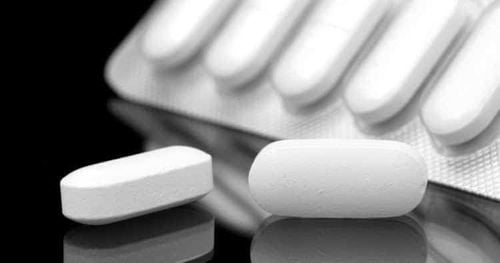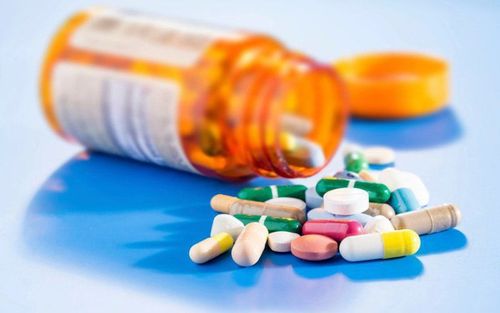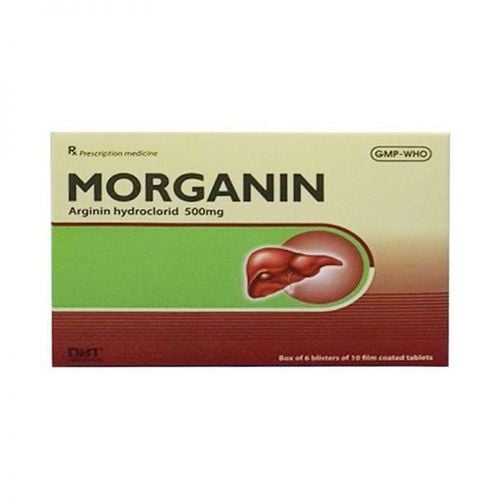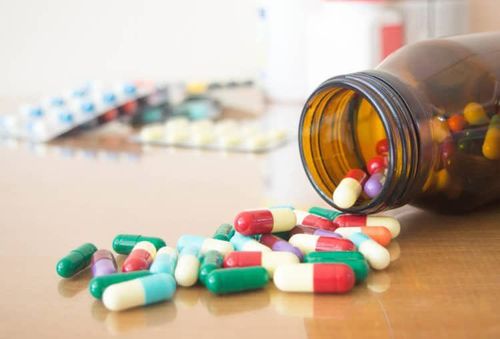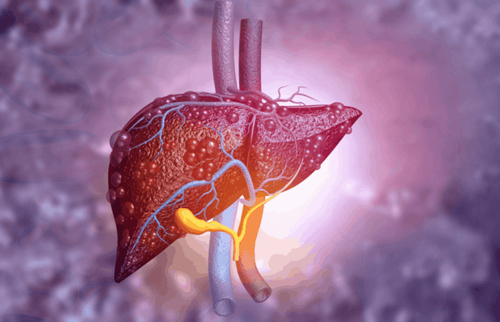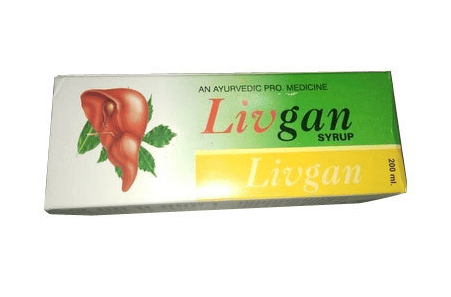This is an automatically translated article.
In the human body, the liver is the largest internal organ, with the role of performing important tasks to maintain health. The liver has the ability to regenerate lost parenchyma, if the volume loss is less than 25%, the liver can recover completely. The liver is the first to receive nutrients and chemicals absorbed from the digestive system, so it serves as the main "blood purifier" before food is converted into different forms in the body. So what is the function of the liver?
In fact, the functions of the liver are still unknown, it is difficult to discover exactly what work the liver has to do every day. However, some studies have listed more than 500 separate roles, physiology and liver function.
Trắc nghiệm: Làm thế nào để bảo vệ lá gan khỏe mạnh?
Làm test trắc nghiệm kiểm tra hiểu biết về gan có thể giúp bạn nhận thức rõ vai trò quan trọng của gan, từ đó có các biện pháp bảo vệ gan để phòng ngừa bệnh tật.The function of the liver is to eliminate toxins: Fat-soluble toxins will be broken down by liver cells into less hazardous substances or more easily soluble in water. Toxin elimination is considered the most important function of this organ. The liver's function is to produce bile: Hepatocytes are the place where bile is produced and stored in the gallbladder. The bile follows the bile duct down to the duodenum to mix with food, emulsifying fat, cholesterol, and some vitamins for easy absorption by the small intestine. Every day, the liver secretes 0.5 liters of bile, the composition of bile includes: bile salts, bile pigments, cholesterol, bilirubin, electrolytes and water. Physiological function of the liver is to store substances: The liver is the "house" to store a lot of vitamins and minerals such as vitamins A - D - E - K - B12. up to several years. The liver's function is metabolism: The liver stores carbohydrates in the form of glycogen and converts them into glucose when the body needs it to absorb into the bloodstream, balance blood sugar levels, and provide energy for all activities. In addition, the liver also has the function of metabolizing proteins, lipids... General liver function: The liver synthesizes clotting factors, synthesizes angiotensinogen hormone, synthesizes albumin... The liver is very important, if you don't know it. Protecting the liver's function will lead to many dangerous diseases and affect the quality of life as well as health.
Please dial HOTLINE for more information or register for an appointment HERE. Download MyVinmec app to make appointments faster and to manage your bookings easily.




